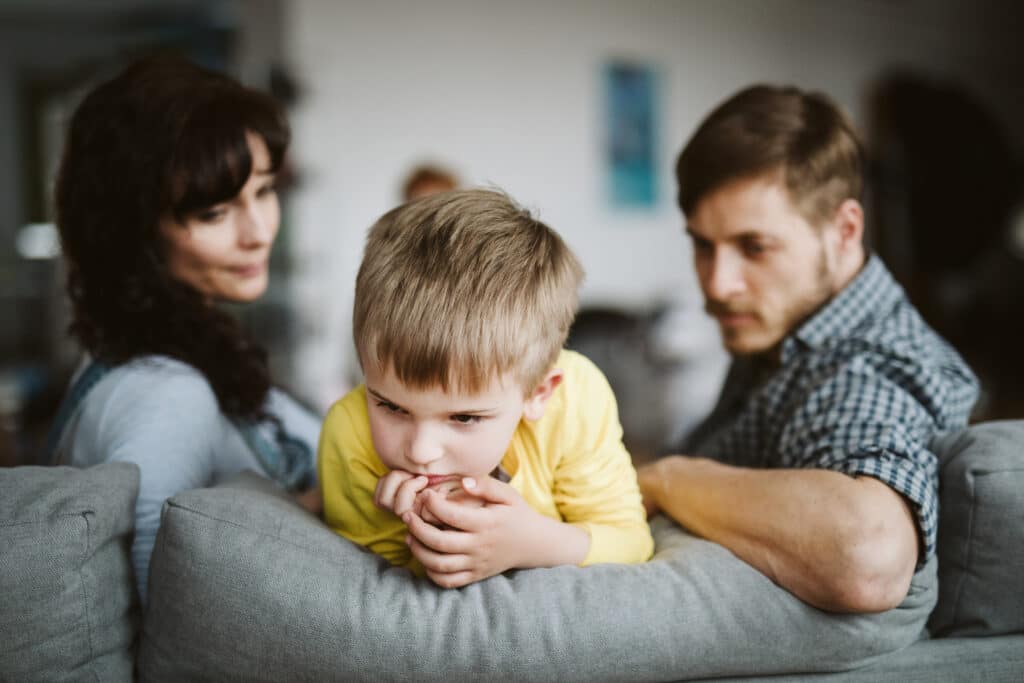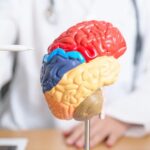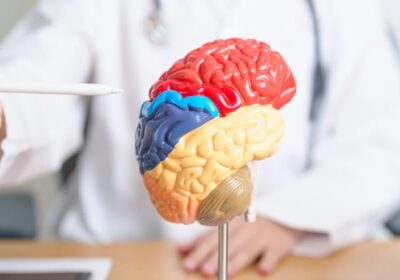
The Effect of Addiction on Parenting and Child Development
Addiction is a serious issue that affects not just individuals but their families as well. When a parent struggles with addiction, it can create challenges for their children and impact their overall development. Parenting is a huge responsibility, and addiction can interfere with a parent’s ability to provide the love, care, and stability that children need to thrive. A rehabilitation centre in Mumbai can offer support for parents dealing with addiction, helping them regain stability and improve their parenting skills.
In this blog, we will explore how addiction affects parenting and child development, its long-term consequences, and how families can heal and rebuild together.
What Is Addiction?
Addiction is a condition where a person becomes dependent on substances like drugs or alcohol or behaviors such as gambling. Addiction can take control of a person’s life, affecting their physical and mental health, relationships, and ability to function in daily life.
For parents, addiction can create additional challenges, as it becomes difficult to focus on their children’s needs while struggling with their own.
How Addiction Affects Parenting
-
Emotional Unavailability
Parents dealing with addiction often struggle with their emotions. They may feel overwhelmed, anxious, or depressed, making it hard for them to be emotionally present for their children.
Children may feel neglected, unloved, or confused when their parents are not emotionally available to listen or support them.
-
Inconsistent Parenting
Addiction can make it difficult for parents to maintain a stable routine. They may miss important events like school activities, fail to set boundaries, or struggle to enforce rules. This inconsistency can create confusion and insecurity in children.
-
Neglect
In severe cases, addiction may lead parents to prioritize their substance use over their children’s basic needs. Children may be left without proper meals, clothing, or medical care.
-
Increased Conflict at Home
Addiction can create stress and tension within the family. Arguments, financial problems, and strained relationships are common in households where addiction is present. This can affect the overall environment in which children grow up.
Impact of Addiction on Child Development
-
Emotional Impact
Children of parents with addiction often experience feelings of sadness, fear, and anger. They may feel ashamed of their family situation or worry about their parent’s well-being. These emotions can lead to long-term issues like anxiety and depression.
-
Trust Issues
When parents struggle with addiction, they may make promises they cannot keep, such as attending events or quitting their substance use. Over time, children may lose trust in their parents, which can affect their ability to form trusting relationships in the future.
-
Academic Struggles
The stress and instability caused by addiction at home can make it hard for children to focus on schoolwork. They may have trouble concentrating, fall behind in their studies, or lose interest in school altogether.
-
Behavioral Problems
Children in households with addiction may act out in response to their environment. They might become aggressive, rebellious, or withdrawn as they struggle to cope with their feelings.
-
Risk of Addiction
Growing up in an environment where addiction is present increases the likelihood that children will develop addiction problems themselves later in life. This is due to a combination of genetic factors and learned behaviors.
Long-Term Consequences for Children
The effects of addiction can follow children into adulthood. Some of the long-term consequences include:
Difficulty in Relationships: Adults who grew up in homes affected by addiction may find it challenging to form healthy relationships due to trust issues or fear of abandonment.
Low Self-Esteem: Constant feelings of neglect or rejection during childhood can lead to low self-esteem and self-worth later in life.
Mental Health Challenges: Anxiety, depression, and other mental health conditions are common among individuals who experienced instability during childhood.
Difficulty Coping with Stress: Without proper coping mechanisms, these individuals may struggle to manage stress or face challenges in a healthy way.
Breaking the Cycle of Addiction
While the effects of addiction on parenting and child development can be severe, it is possible to break the cycle and heal as a family. Here are some steps to consider:
-
Seek Treatment
Parents struggling with addiction should seek professional help. Treatment programs can provide support, therapy, and tools to help parents recover and regain control of their lives.
-
Family Counseling
Family therapy can help everyone in the household understand and address the impact of addiction. It creates a safe space for open communication and healing.
-
Create Stability
Establishing routines and providing a stable home environment can help children feel secure and rebuild trust. Regular mealtimes, bedtime routines, and consistent rules can make a big difference.
-
Educate Children About Addiction
It’s important to talk to children about addiction in an age-appropriate way. Helping them understand that addiction is a disease, not their fault, can relieve feelings of guilt or blame.
-
Build a Support System
Relying on friends, family, or support groups can help parents stay on track with their recovery and provide children with additional sources of love and guidance.
How Communities Can Help
Communities play an important role in supporting families affected by addiction. Schools, healthcare providers, and social services can work together to:
Offer counseling and mental health services for children.
Provide parenting programs to help parents improve their skills.
Raise awareness about the effects of addiction and available resources.
Success Stories: Families Who Overcame Addiction
Anna’s Story
Anna was a single mother struggling with alcohol addiction. After seeking help from a local support group and entering a treatment program, she regained custody of her children and began rebuilding her relationship with them. Today, Anna is sober and serves as a mentor for other parents facing similar challenges.
Mark’s Journey
Mark, a father of two, struggled with drug addiction for years. His children were placed in foster care, but with the help of therapy and a rehabilitation program, he worked to regain his health and reunite with his family. Mark now speaks at community events about his journey and encourages others to seek help.
Addiction can have a powerful and lasting impact on parenting and child development. However, with the right support and resources, families can overcome these challenges and heal together. A rehabilitation centre in Mumbai can provide essential assistance to parents dealing with addiction, helping them break the cycle and rebuild their families.
Breaking the cycle of addiction requires effort, but it’s possible. By seeking help, creating a stable environment, and fostering open communication, parents can rebuild trust and give their children the love and support they need to thrive.
Communities, schools, and healthcare providers must also work together to ensure that families affected by addiction receive the care and guidance they deserve. Together, we can create a brighter future for both parents and children.


















